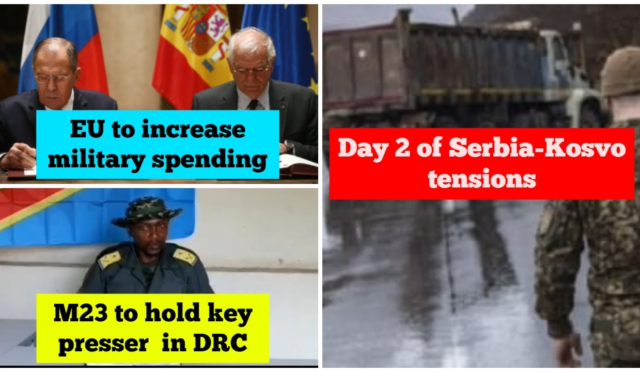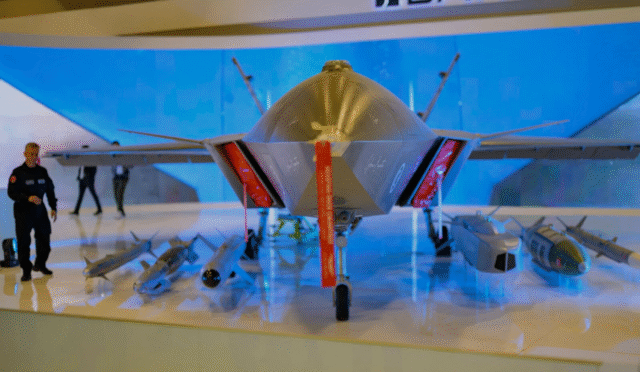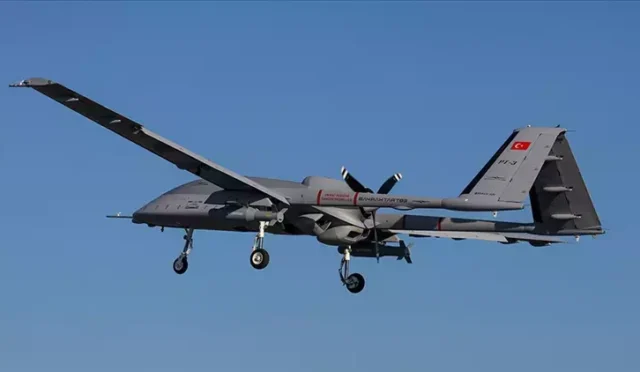Viktor Leonov: Russian Intelligence Ship Enters Mediterranean
**The Russian intelligence ship Viktor Leonov (SSV-175) has recently navigated from the Gibraltar Strait into the Mediterranean Sea, marking a significant move in Moscow’s maritime strategy. Reports indicate that the vessel was observed transitioning from the Atlantic to the Mediterranean on April 14, 2025, as documented in images shared on social media by a user named Peter Ferrary. This movement underscores Russia’s ongoing efforts to enhance its naval presence in European waters, particularly in proximity to NATO member states.’
The Viktor Leonov, which belongs to the Vishnya-class, is primarily designed for electronic and signals intelligence operations. Built under Project 864, its mission profile includes the collection of electronic signals, disruption of enemy communications, and monitoring of the electromagnetic spectrum in key strategic areas. Thanks to its sophisticated array of antennas and sensors, the ship is adept at surveying activities within extensive maritime regions, such as the Mediterranean and the North Sea. This deployment ensures continuity in Russian surveillance as it replaces the Kildin, another intelligence vessel that recently departed the Mediterranean.
Increasing Russian Naval Activity in European Waters
The arrival of Viktor Leonov in the Mediterranean coincides with a noticeable rise in Russian naval intelligence missions throughout Europe. Since the start of 2025, numerous Russian warships have been spotted near the waters of the United Kingdom and Scandinavia, particularly within the North Sea and English Channel. Notably, on March 5, 2025, the Royal Navy captured footage of HMS Somerset tracking the Russian corvette Boikiy, which was escorting a military cargo vessel from the Russian naval base in Tartus, Syria. This three-day surveillance operation also included NATO’s maritime patrol aircraft.
In another instance on March 19, 2025, the Royal Navy monitored a Russian naval group making its way through UK waters. This operation involved HMS Somerset, along with the minehunter HMS Cattistock, tanker RFA Tidesurge, and several Royal Navy helicopters, as they tracked a group comprising the destroyer RFN Severomorsk and the landing ship Alexander Shabalin, among others. These events indicate a systematic approach by Russia to conduct routine incursions into European maritime zones, testing NATO’s alertness and operational readiness.
Geopolitical Implications of Russian Operations
According to reports from Army Recognition, the Royal Navy’s engagement with Russian warships demonstrates a calculated effort by Russia to exert pressure through these intelligence activities. Such missions are not merely about gathering sensitive information; they also serve to challenge NATO’s preparedness while maintaining an enduring naval presence in the region. From a geopolitical standpoint, these actions signify an unconventional means of power projection, highlighting Russia’s capability to operate close to critical Western military facilities and vital infrastructure.
Strategically, this includes operating near naval bases and undersea communication cables, as well as navigating important transit routes like the Strait of Gibraltar. The ongoing presence of Russian vessels serves to remind NATO of the vulnerabilities that exist in maintaining security and operational integrity in this crucial area of the Mediterranean.
Recent Incidents Involving Russian Intelligence Ships
In a related incident, reports surfaced regarding a separate Russian intelligence ship that caught fire off the coast of Syria. While details remain limited, this event adds to the increasingly complex narrative concerning Russian naval activities in the Mediterranean region. Such incidences not only reflect the challenges faced by these vessels but also raise questions about the safety and security protocols in place for Russian maritime operations.
As these developments unfold, monitoring the strategic implications of Russia’s naval maneuvers will be essential for understanding the broader dynamics at play in European waters and the potential responses from NATO and allied nations.







